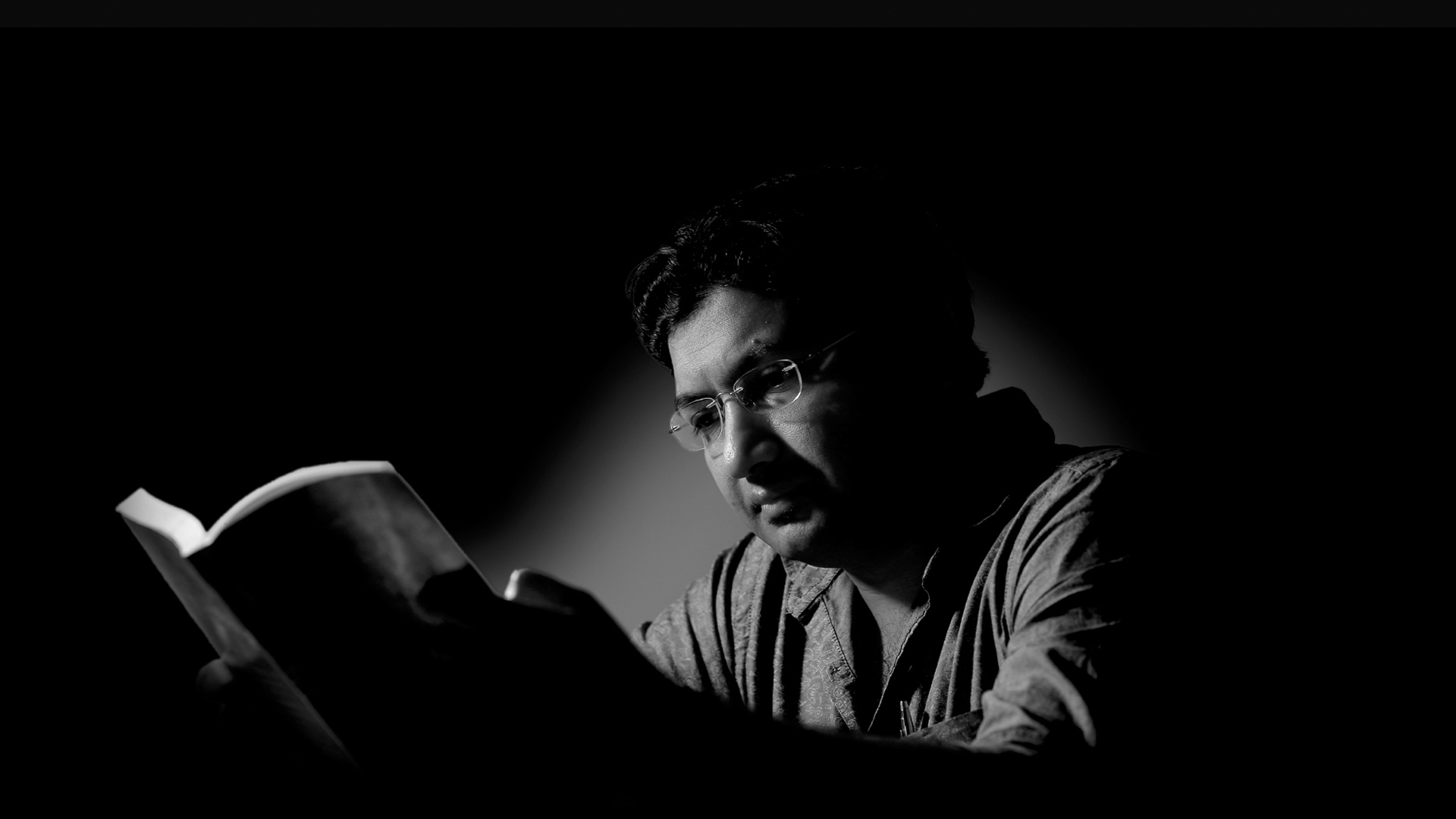
Muslims hold an exceptional obligation to celebrate Reading Day, rooted in their prime divine commandment to read and seek knowledge.
I must admit, as we gathered here today, the arrival of the children filled our hearts with joy and excitement. They represent our hopes and dreams for the future.
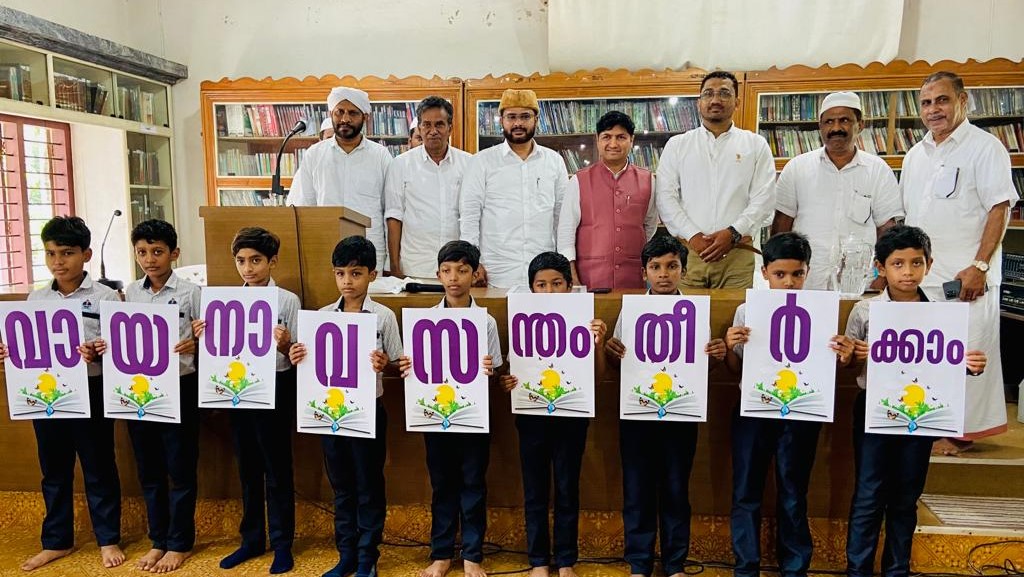
It is my second or perhaps third visit to this campus, and today we come together to discuss the importance of reading as we celebrate National Reading Day. While other countries mark this day on April 23, in the Indian calendar, June 19 holds the honor of being designated as Reading Day.
Allow me to emphasize that among all communities, Muslims should cherish this day the most. For a civilization to truly flourish, reading is an indispensable cornerstone. Throughout history, great civilizations have been defined by their literary contributions. These valuable texts need not solely be religious in nature. Just as Christians have the Bible and the Greeks have Homer, we Muslims have the Quran.
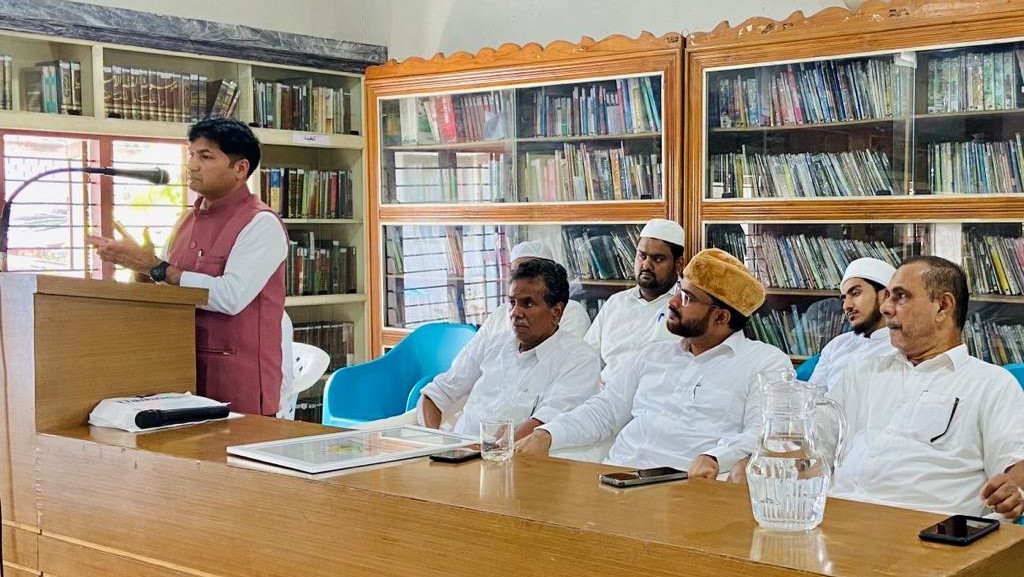
Interestingly, the first divine commandment was not related to prayer, fasting, or charity; it was the command to READ. The first inanimate object mentioned in Revelation was Pen. Therefore, our faith remains incomplete without a commitment to reading, for it was the first directive bestowed upon us by God.
Reading takes various forms: social media reading, e-book reading and traditional book reading. However, reading is not limited to literal texts; it also encompasses observation. One can engage in “people reading,” where, for instance, sitting in a coffee shop, we observe and analyze the individuals passing by. Fans of Sherlock Holmes will understand this concept well, as Holmes could decipher a person’s history, origins, and character with just a glance, without them uttering a word.
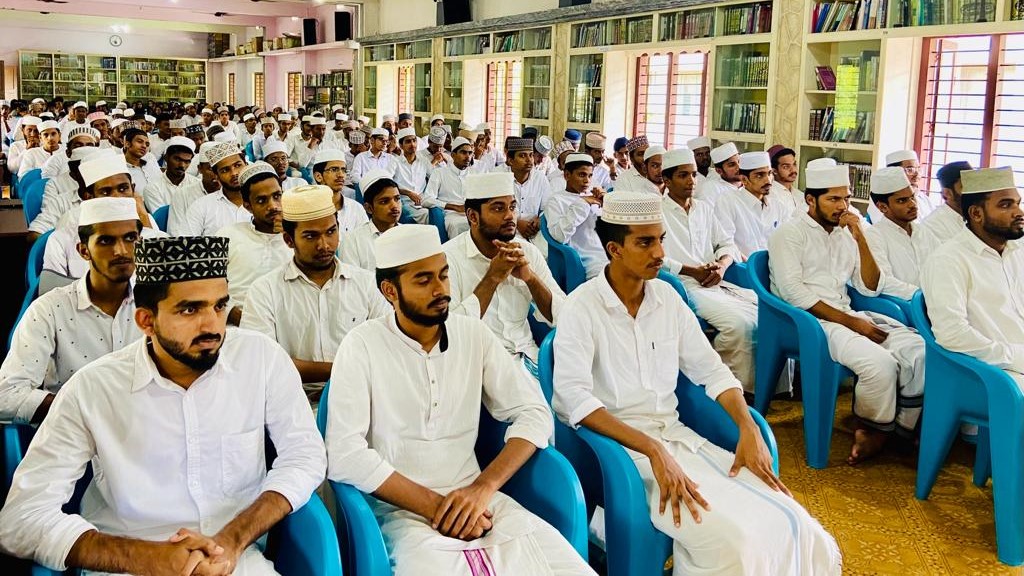
Reading, therefore, extends beyond books; it encompasses our surroundings. Allah has bestowed great importance on reading our environment, as exemplified in verses like “look at the camels” or “look at the rain that I bestow upon you.” Reading Day is meant for us, for it resonates with our beliefs.
In Hindu holy scriptures, certain castes are forbidden from reading, but Islam places great significance on reading. Historical events support this claim. During battles, when Quraishi people were captured, only those who possessed literacy skills were spared.
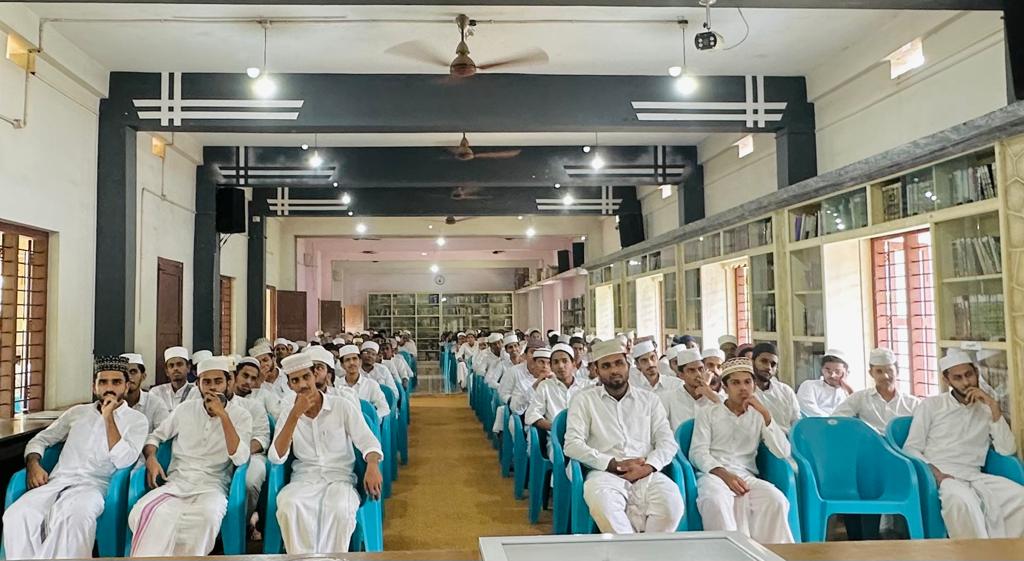
Now, let us reflect on our own homes. How many of us have a bookshelf amidst our collection of home appliances like refrigerators and vacuum cleaners? As a community whose initial commandment was to “READ,” we must question why we have neglected this aspect.
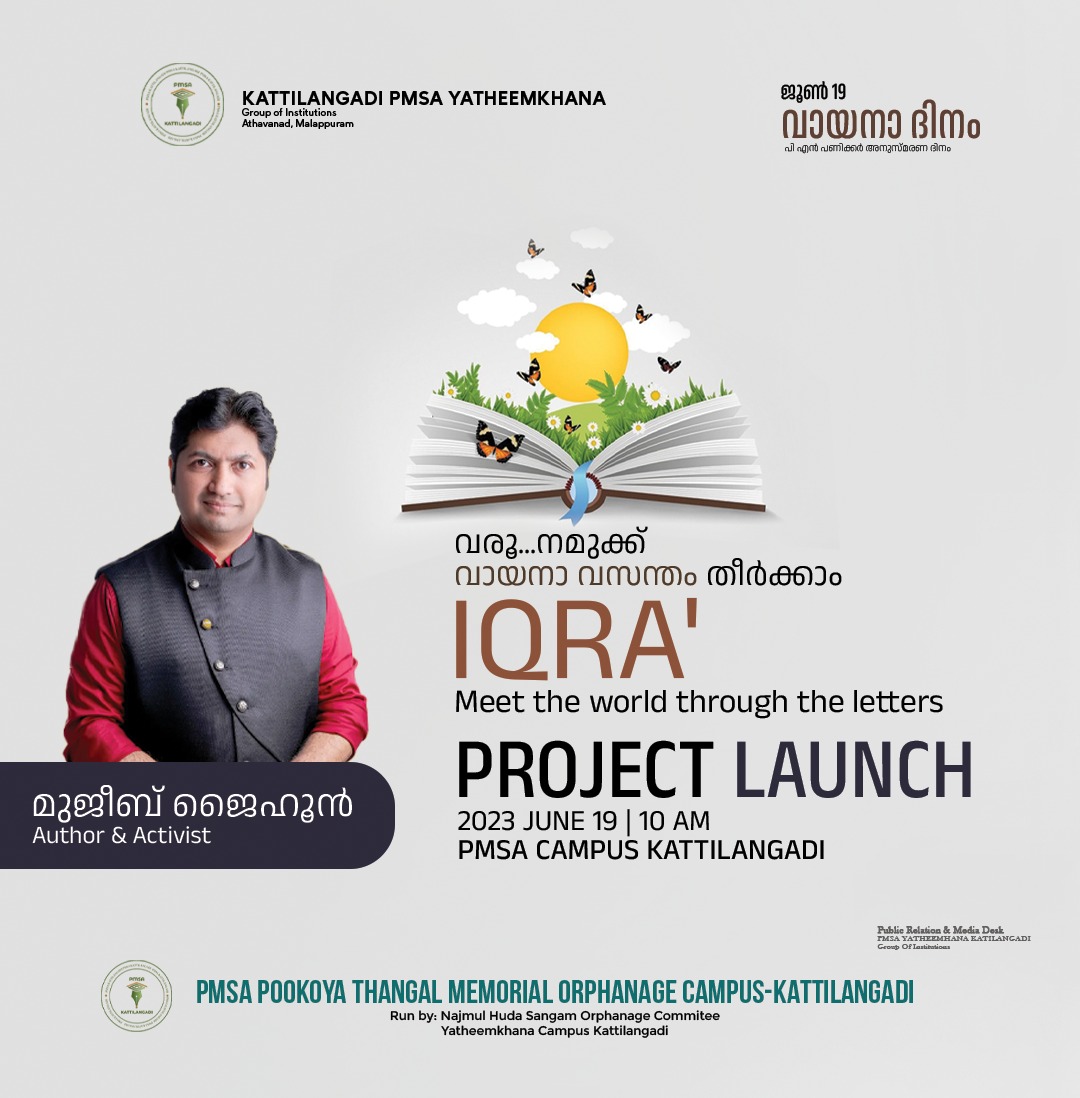
Highlights from Mujeeb Jaihoon’s talk at PMSA Wafy campus on the National Reading Day 2023 (Jun 19 2023)

